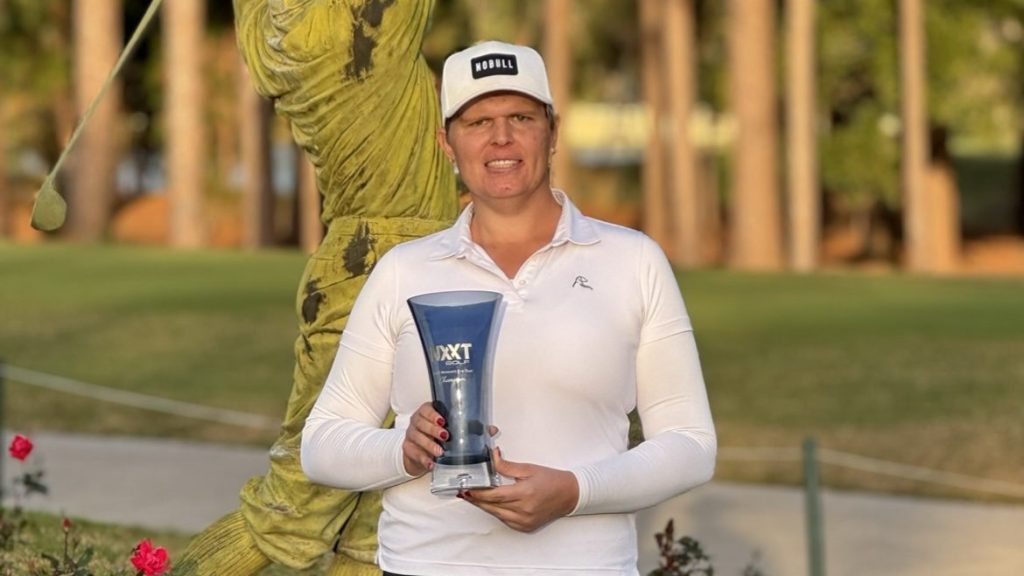Transgender golfer Hailey Davidson is currently competing in the LPGA Qualifying event, but there is growing concern among players about the organization’s Gender Policy. Over 275 female golfers signed a letter sent to the LPGA, USGA, and IGF last August, calling for the repeal of policies allowing biological males to compete in women’s events. The letter emphasizes the importance of having clear and consistent participation policies based on a player’s immutable sex.
The LPGA Commissioner announced plans to review the Gender Policy by the end of the year and implement any necessary updates before the 2025 season. The priority is to ensure fair competition while considering competitive advantage. Meanwhile, Davidson continues to compete in the qualifying event in Florida, aiming to earn Epson Tour status for the 2025 season and potentially move on to Final Qualifying for an LPGA card.
In 2010, the LPGA eliminated the requirement for players to be “female at birth” following a lawsuit filed by a transgender woman. Retired LPGA player Amy Olson believes the tour should return to this requirement to ensure a fair competitive environment for women. Olson remains optimistic that the LPGA will update its policy to reflect the needs of women golfers and maintain opportunities for female athletes.
The Independent Women’s Forum letter outlines several differences between biological males and females that affect golf performance. These differences, such as driving distance advantage and physiological demands, have implications for fair competition in the sport. Davidson underwent gender reassignment surgery in compliance with the LPGA’s Gender Policy, which requires such procedures for transgender athletes.
LPGA veteran Sarah Kemp, who knows Davidson personally, supports the current policy and believes the hate directed towards Davidson is unjust. Despite the challenges she faces, Davidson is determined to compete and improve her game. Earlier this year, she narrowly missed qualifying for the U.S. Women’s Open, showcasing her potential as a competitive golfer.
Davidson’s experience on the NXXT Golf tour highlighted the debate around transgender athletes in elite sports. The tour announced a ban on transgender competitors in March, requiring participants to be biological females at birth. The physical impact of gender reassignment surgery on transgender athletes is a consideration in ongoing research on transgender athletes in sports.
As the LPGA continues to review its Gender Policy, the debate over transgender participation in women’s golf will likely intensify. The decision to update the policy will not only impact transgender athletes like Davidson but also the broader landscape of women’s competitive golf. The outcome of this review could set a precedent for how sports organizations address inclusion and fairness in competition.


